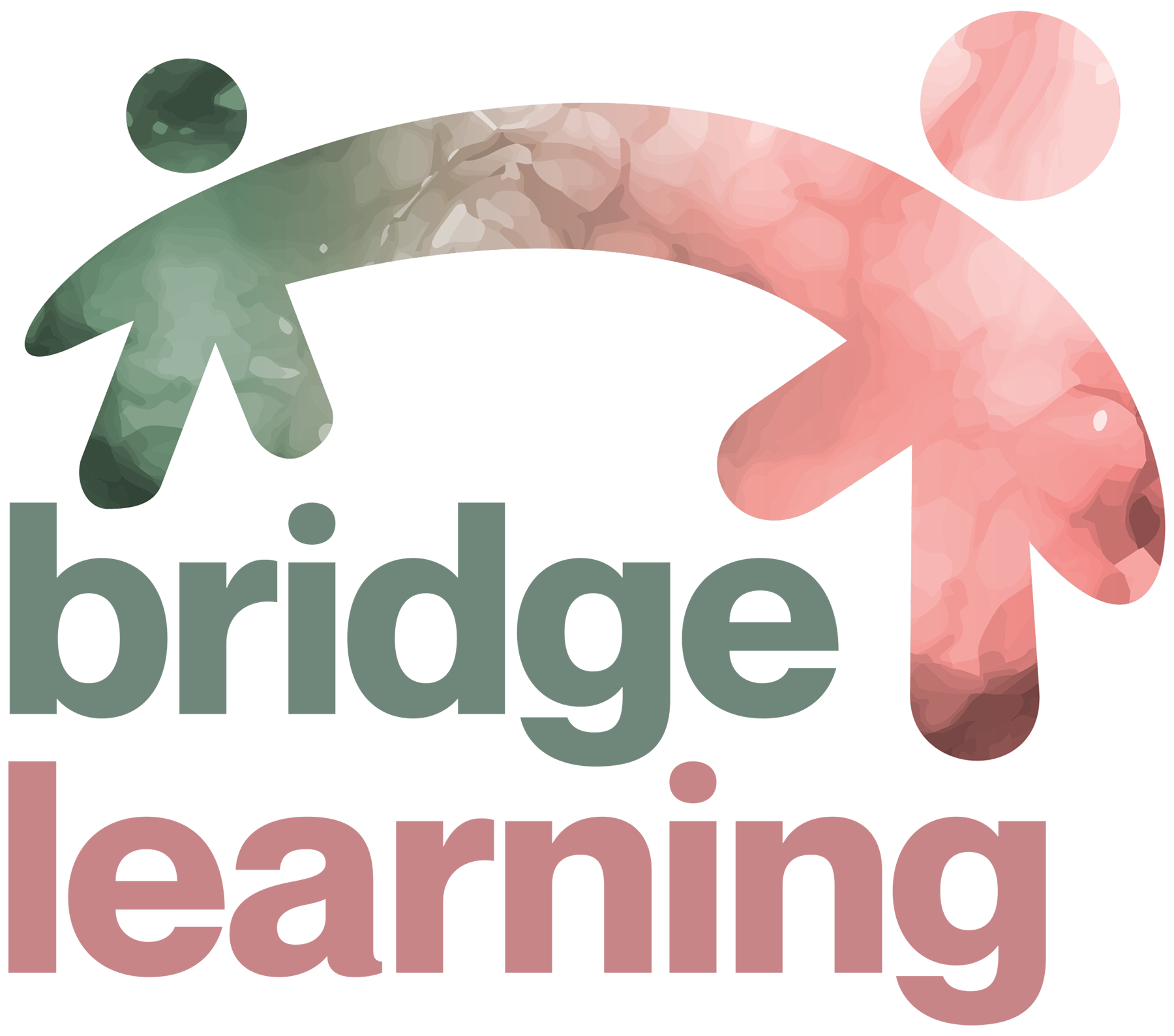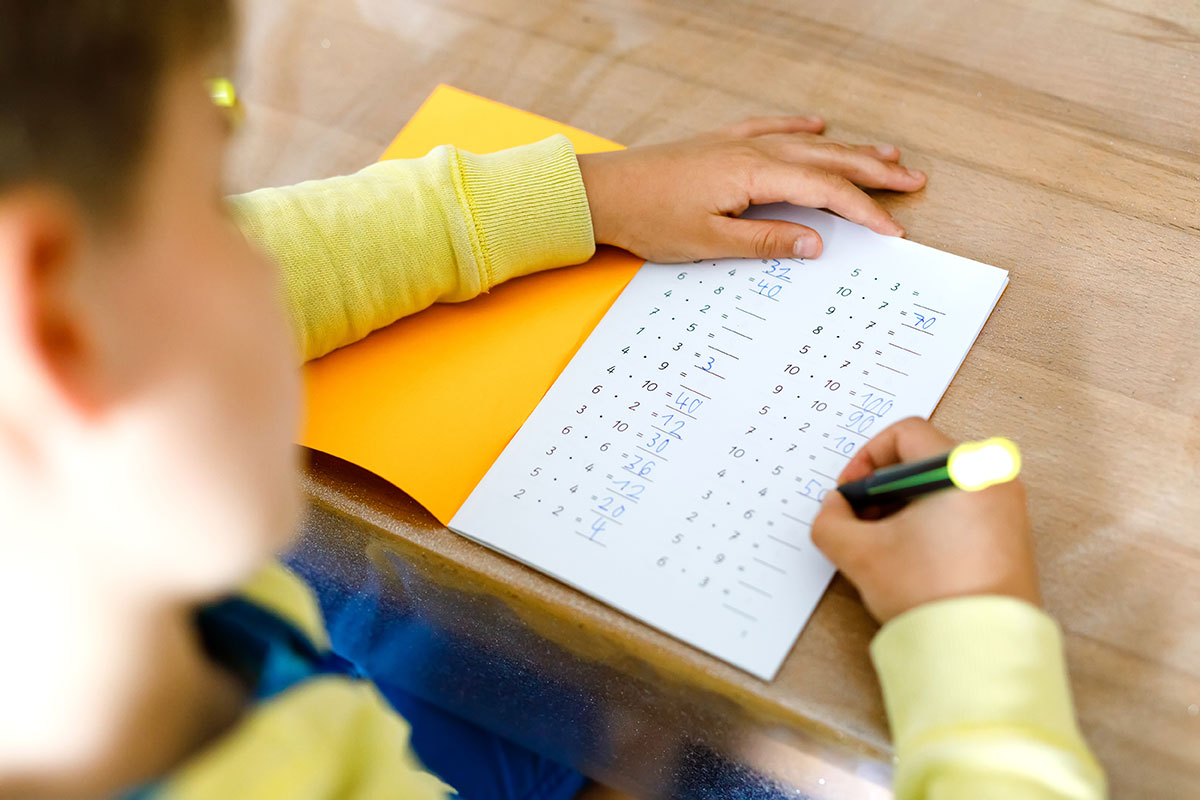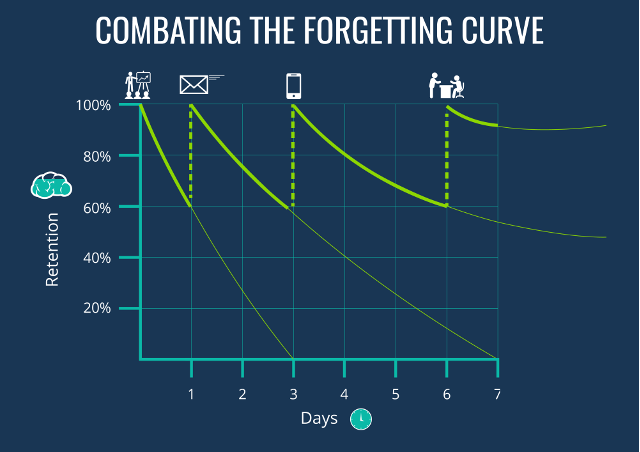It is estimated that Dyscalculia affects 4 – 6% of the population, about one child in every classroom.
Otherwise known as a Specific Learning Disorder with Impairment in Mathematics, Dyscalculia is associated with significant difficulty understanding numbers and working with mathematical concepts.
Like all Specific Learning Disorders, it is persistent despite intervention, severe and unexpected in relation to other cognitive and academic abilities.
Main indicators:
- Not knowing which of two digits is larger, i.e. understanding the magnitude and relationship of numbers
- Lacking effective counting strategies
- Poor fluency in identification of numbers
- Inability to add simple single-digit numbers mentally
- Limitations in working memory capacity
You may see a reliance on finger counting, beyond the typical age and stage. A Dyscalculic learner has little ability to estimate even small quantities and to guess whether an answer to an arithmetic problem is reasonable or not. Typically, they are unable to remember number facts and procedures despite great efforts; they may recall times tables one day but not the next. They lose track of what they are doing in mathematical procedures that require several steps. They show directional and left/right confusion and visual-spatial difficulty with puzzles.
Additionally, you may find an inability to:
- Subitise (see without counting)
- Estimate
- Count backwards
- Sequence accurately
- See patterns
- Read a clock
- Manage time in daily life
What kind of teaching do Dyscalculic learners need?
They need to build a sound understanding of numbers and their relationships. Starting with a variety of concrete materials to provide practical experience and strong visual models. Once this is well understood, you can lead the student toward more abstract and symbolic written mathematics.
How is it diagnosed?
A Clinical Psychologist will perform a full cognitive and academic achievement assessment. While Dyscalculia may (and does often) co-exist with other Specific Learning Disorders such as Dyslexia, there will be an unexpected and specific underperformance in this academic area in comparison with other cognitive abilities.
The trouble with Secondary School…
Motivation… organisation… confidence… identity… motivation (did I already say that?)…
Too often, it all goes wrong here. Or at least, it slips off the tracks for a good while. Why is it so hard to navigate this part of schooling?? What can we do to help??
The social and emotional demands of secondary school are much greater than in Primary.
They are pretty huge, actually. There’s not much we can do about that – it’s the age. But it can throw kids around quickly and substantially, if we are not watching. More so if there aren’t some good, stabilising habits in the background.
Add to that the fact that secondary schooling is very demanding. Kids need a strong work ethic, organisational skills, the ability to plan complex assignments, identify important criteria, prioritise time, be persistent, be able to clarify when necessary. All this depends on motivation. Motivation is everything.
But motivation takes a huge hit when the work is difficult, when you don’t know how to make a start, when it’s overwhelming. Motivation plummets when you are not having much success. Everything becomes a grind and there are a million other things that seem more appealing that will always win out.
The personal skills that kids NEED at this age are largely to do with Executive Functioning. Like a management system for the brain, Executive Functioning is involved in planning and getting things done.
It helps us to:
- Pay attention
- Organise, plan and prioritize
- Start tasks and stay focused to complete them
- Understand different points of view
- Regulate our emotions
- Self-monitor to keep track of what you’re doing
It depends on the development of our working memory, cognitive flexibility and inhibitory control. These skills develop quickly in childhood and into teen years, but continue into our 20s.
Some kids are all over it by about Year 8. This is when they really need to be, because the demands of secondary school are kicking in and whether they are managing or not starts to shape their identity, motivation, goals, habits…
But so many kids take longer to get these skills up and running well. For some it will just take longer, for others it may always be an area they need to support.
We CAN support Executive Functioning…
Some schools do a beautiful job – they have good pastoral care systems, they teach solid study skills and provide support with them.
But it NEEDS to be supported at home. Even the best schools can only do so much – so much depends on what happens at home.
ROUTINES ARE EVERYTHING
It doesn’t matter if you occasionally don’t do your homework. Or occasionally eat rubbish, or go to bed late…
What matters is what you do routinely. The habits you are forming.
When you establish routines, you are setting your priorities. You are saying this is what matters.
What do your routines look like? This is the biggest real support we can provide for kids in a world that can go topsy turvy and throw curve balls at us left, right and center.
And with routines in place, our kids need some tools with which to manage the tasks set for them.
Study tools to help with tricky research tasks. Practise locating and sticking to criteria. Practise clarifying when unsure. Knowing how revision and recall works. Breaking a plan down into steps. Putting all this into practice relies on consistent routines.
None of that is easy. There are plenty of adults who can’t do it well. If something has happened to take a child’s focus away for a bit or to knock their confidence, they can get lost quickly. We need to help, to be that stabilising structure that sits behind and holds things up.
Many secondary aged kids need someone to help them monitor how they are managing. To help them adjust and to stay on track. That could be a tutor, a parent, a teacher or peer buddy. But too often we just expect them to manage independently. It’s a big ask really.
Let’s help. Bridge Learning offers a Secondary Study Skills course that will help you get these essential supports happening for your child.





